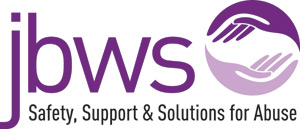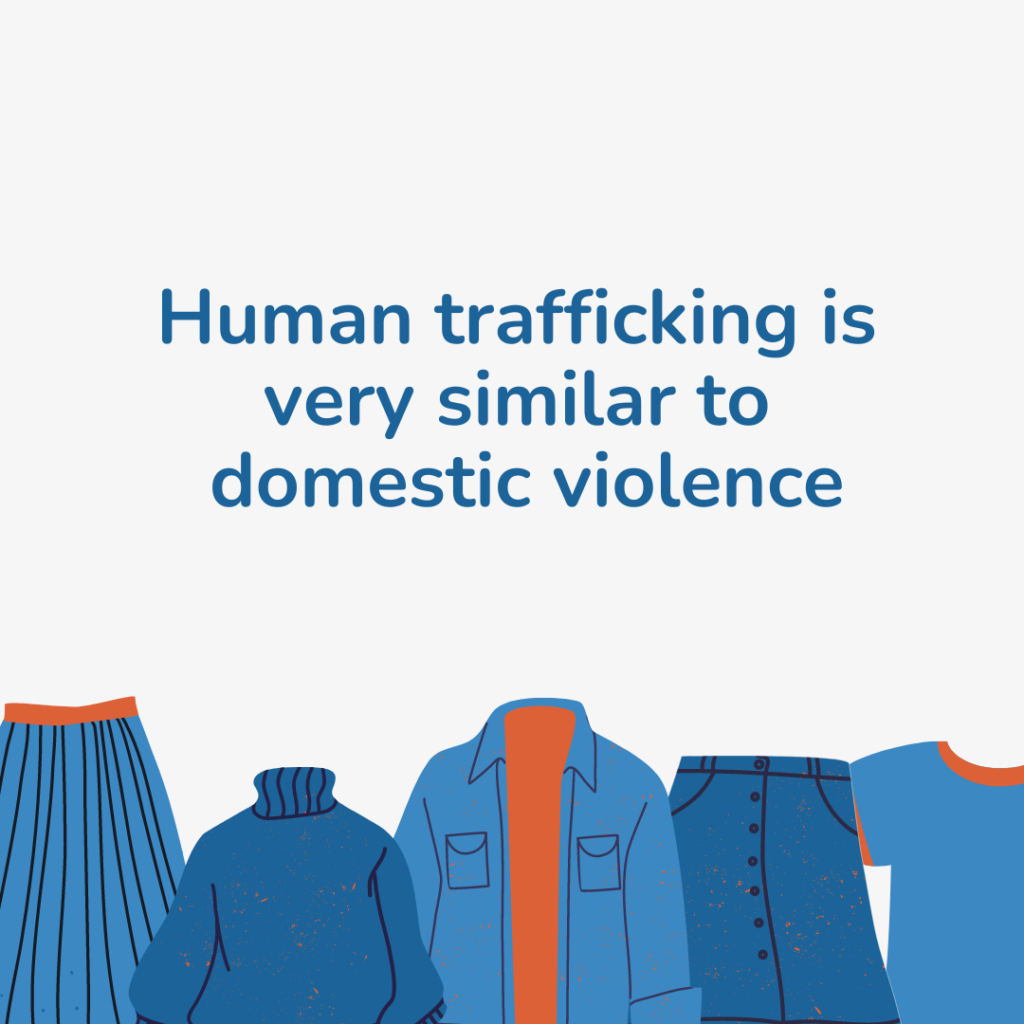The glorification of pimp culture normalizes sex trafficking while the dramatization of movies that feature human trafficking have undermined the seriousness of the issue. At this very moment, 21 million people worldwide are victims of human trafficking, and it’s not just pimps or mysterious villains committing these atrocities: it’s romantic partners.
“There is an inherent link between domestic violence and human trafficking because the dynamics used to establish and maintain power and control are very similar,” explains Stephanie Klotz, professional training manager at JBWS. “For many trafficked persons, the original coercion stems from an intimate partner relationship.”
According to the Human Trafficking Legal Center, it is not uncommon for a victim’s romantic partner, spouse, or casual lover to be their trafficker. In fact, romantic interest or sexual attraction is a tool that traffickers may use to manipulate and control their victims. They make promises of love, marriage, and whirlwind romances until to coerce the victim into commercial sex, forced labor, or involuntary servitude.
“After we started providing services to trafficking survivors, we started screening for it and found that survivors of intimate partner violence had incidents of their partner trafficking them,” says Klotz. “An abusive partner might say, ‘we need money to pay this bill, I know a quick way to make that money’ and force their partner to perform sex acts for money.”
It has become so common that the Department of Justice’s Human Trafficking Task Force expressly lists domestic violence as a crime that may overlap with human trafficking. The grooming and method that traffickers get their victims often mimics that of intimate partner relationships.
For instance, both traffickers and abusive partners may intentionally impregnate their victim, use children to control their victim’s behaviors, isolate them from everyone, control their finances, and threaten to expose personal information, such as sexuality or immigration status, to maintain power and control.
Due to the overt link between these issues, the JBWS-led Morris Family Justice Center (MFJC) provides supportive services, advocacy, and safety planning for survivors of human trafficking. Diane Williams, JBWS’ president and CEO, stresses that “domestic violence grows in silence” so if you or someone you know is in need of support, visit visit morrisfjc.org or call JBWS’ 24-hour helpline at 1.877.R.U.ABUSED.
Resources:

